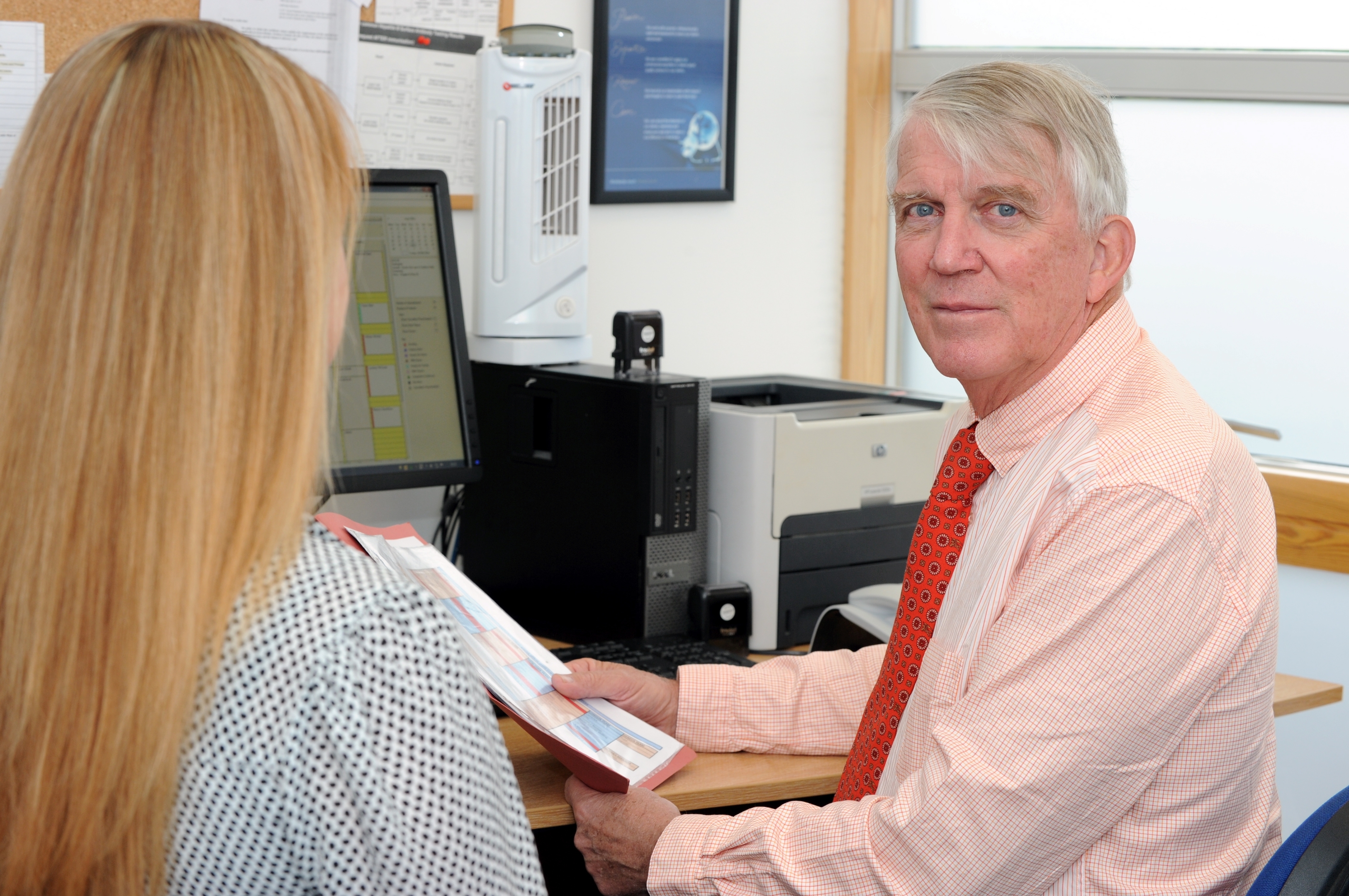Beau Dees, 65, regional medical director of International
SOS and Abermed, describes the career steps he’s taken to where he is today
What did you want to be when you were young?
From a very young age, I wanted to be in the medical profession.
I spent a considerable amount of time with my grandparents and, as my grandfather was a doctor, it sparked a burning desire to pursue a career that would have an impact on the lives of others.
Growing up in South Africa I was exposed at a very early age to rather extreme social conditions and the harsh realities for those less fortunate. I saw a real opportunity to improve the health infrastructure for these people and wanted to be part of this.
What are the main career stepping stones you have taken?
I attended the University of Cape Town and studied for a variety of positions in the general health sector before later realising my calling and specialising in occupational health.
After university I became a partner in a general practice. After this I coordinated occupational health operations for a forestry company in Swaziland and then spent some time as an occupational physician in the mining industry.
I joined International SOS in 2001 and have since had the chance to take the lead in ensuring the quality and efficiency of medical services delivery platforms in an array of different environments.This has ranged from joint venture oil and gas producing operations in Kazakhstan to driving business efficiency in China.
Who’s been your greatest influence?
Growing up, my mother was very business-driven but also had an incredibly altruistic side, often involving herself with voluntary work within the community, whilst my father held an active role in emergency sea rescues.
Best achievement so far?
My current role has taken me to a variety of countries that have offered up a number of different challenges. One of my greatest memories is the work I did with International SOS in the aftermath of the earthquake in Sichuan, China in 2008.
We visited local hospitals where survivors of the quake had been taken, offering any additional support and services where needed, ensuring the relief effort ran as smoothly as possible.
I remember thinking how truly remarkable it was to see so much positivity in people coming together for a relief effort in the midst of such devastation. That feeling will stay with me for a long time.
What’s your idea of the perfect retirement?
I would like to continue working for as long as possible and in an ideal world not retire at all. I enjoy being busy and making a valuable contribution to the company, and hope my work makes a real impact in making a difference to people’s lives. Luckily, International SOS has no mandatory retirement
age.
What have you actively tried to avoid in your career?
I truly believe variety is the spice of life. Diversity in a role helps enrich people’s daily working experiences.
So if a job remains at a constant, I’ve tended to avoid it. I am extremely lucky to work for an organisation that
is on the cutting edge and always presents something new to engage in.
What’s the best way to motivate others?
Our line of work can involve working abroad and away from your family, during which it is important to keep morale high, and continue to operate as a unit.
I think it’s really important to mark those big occasions such as birthdays and Christmas in order to try and
instil a sense of normality to the situation.
There is also a need to empathise with colleagues who may be experiencing personal difficulties adjusting to life away from home. It is also most important to provide coaching to employees and actively engage in
their career development.
What’s your best career advice?
It’s very easy for people to stay in their comfort zone, but I would urge people to take every opportunity that life throws at them.
I have been very lucky in my role to have travelled to a number of different places and experience a multitude of cultures which has given me an incredible insight into the diverse way in which people live their lives across the world.
Is there any day in your career you would like to live again?
I think the assistance we provided at the Beijing Olympics in 2008 was a very special and particularly satisfying time in my career. We were on hand to provide first aid training, creating a safe environment in the event of an emergency. As it happened, the games went very smoothly with few incidents, highlighting the importance of setting the necessary foundations and being as prepared as possible for any eventuality.
What’s your dream job?
I would like to be a writer. I think it’s the creativity involved that appeals to me, the use of the English language and putting everything down on paper so it’s there to share and not just in my head. Perhaps one day I’ll find time to write about my different experiences of living and working abroad.
